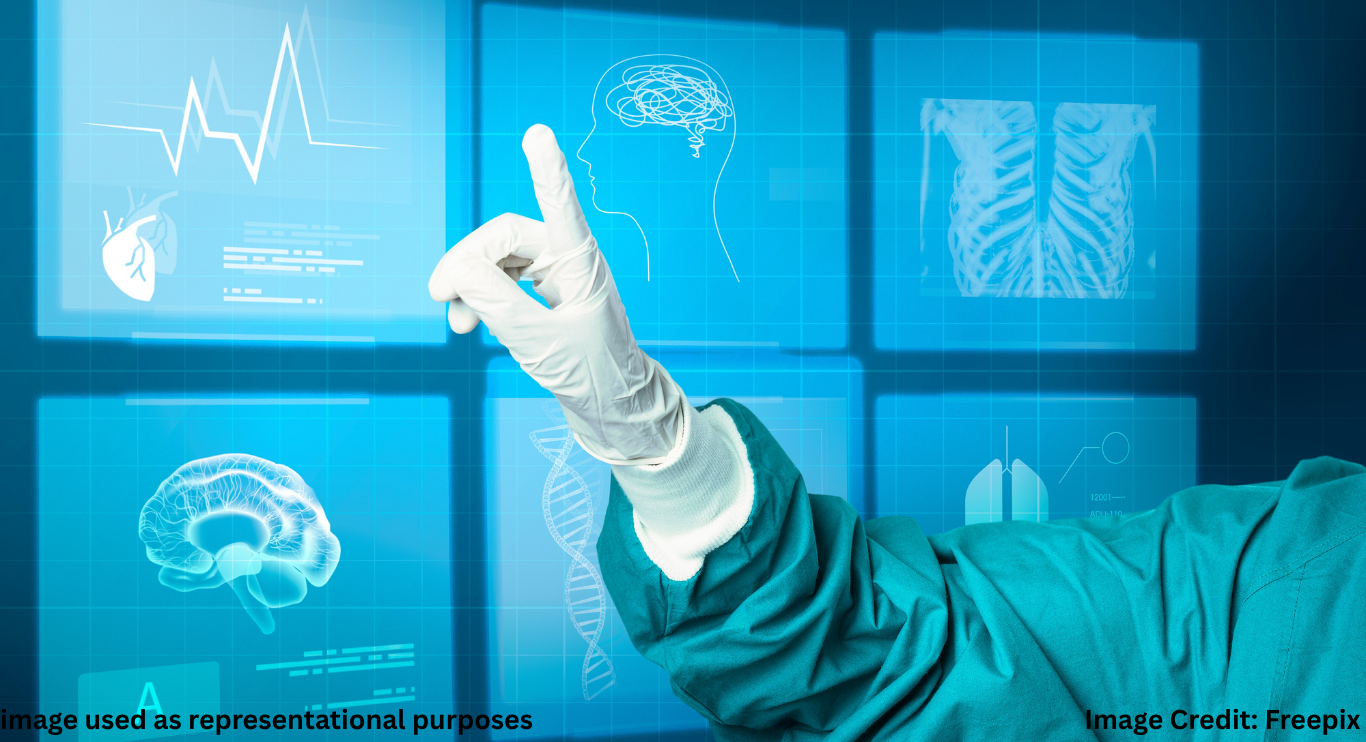
Mental Health and Awareness
Mental health and awareness are no longer optional topics — they’re essential, especially for students preparing for government competitive exams like UPSC, SSC, and PCS. With the increasing pressure of success, staying mentally healthy is just as important as academic preparation.
In India, a 2023 report by the National Institute of Mental Health and Neurosciences (NIMHANS) revealed that one in seven Indians suffer from mental disorders, yet only a fraction seek help. This gap exists due to low awareness, stigma, and lack of access.
Understanding Mental Health
Mental health refers to emotional, psychological, and social well-being. It affects how we think, feel, and behave. Mental health helps us:
Handle stress effectively
Make sound decisions
Build relationships
Perform daily activities, including studying
Being mentally healthy doesn’t mean you’re always happy. It means you’re aware of your emotions and can manage them well.
To explore global insights on emotional well-being and mental health, visit the official page of the World Health Organization (WHO)
Common Mental Health Challenges
Competitive exam aspirants often face:
Anxiety Disorders
Persistent fear, worry, and nervousness that disrupt studies and focus.
Depression
Feelings of sadness, hopelessness, and loss of interest. Often misunderstood as laziness.
Burnout
Chronic stress leading to mental exhaustion. Common during intensive preparation phases.
Sleep Disorders
Irregular sleep cycles, insomnia, or over-sleeping—signs of emotional imbalance.
The Role of Mental Health in Competitive Exam Preparation
Success in exams like UPSC is not just about knowledge—it’s about consistency, focus, and emotional stability. Mental health directly impacts memory, concentration, and confidence.
Aspirants who ignore their mental well-being often face:
Drop in performance
Loss of motivation
Procrastination
Physical symptoms (headaches, fatigue)
A topper once shared how regular meditation and therapy sessions helped him handle the uncertainty during his UPSC attempt. He scored AIR 31.
Real-Life Examples: Stories from Students
Aditi’s Story – Overcoming Anxiety
Aditi, a BPSC aspirant from Bihar, developed anxiety attacks before mock tests. After a counselor’s guidance, she adopted breathing exercises, social breaks, and therapy. She cracked her exam in her third attempt.
Ravi’s Battle with Depression
Ravi, an SSC aspirant from Delhi, struggled with depression after failing twice. He opened up to a peer group and started journaling. Within a year, he qualified and now volunteers for mental health awareness.
Mental Health in India: Government Policies and Initiatives
Mental Healthcare Act, 2017 [Important]
Provides legal rights to mental health care. Ensures treatment and protection against discrimination.
KIRAN Helpline (1800-599-0019)
Launched by the Ministry of Social Justice, this 24/7 toll-free helpline offers professional psychological support.
MANAS App (Mental Health App by MoHFW)
Developed to monitor and improve emotional well-being via AI-based self-help tools.
NIMHANS Initiatives
This apex body conducts online workshops, student mental health assessments, and campaigns to promote awareness.
Importance of Awareness and Early Intervention
Early detection of emotional distress can prevent bigger problems.
Awareness Reduces Stigma
When students understand mental health isn’t weakness, they’re more likely to seek help.
Teachers, parents, and coaching institutes must create open environments for students to share feelings.
Peer support groups have shown to improve mental resilience.
For a detailed review of today’s news updates relevant to exams, check out our Current Affairs Digest – 15 June 2025
Practical Tips to Improve Mental Well-being
- Set Realistic Goals
Divide your syllabus. Avoid all-nighters. Work smarter, not longer.
Talk to Someone You Trust
Don’t isolate yourself. Regular conversations with friends or mentors can lift mental blocks.
Exercise and Eat Right
Physical activity releases serotonin. Nutritious food helps brain function.
Digital Detox
Avoid constant scrolling. Schedule study and phone-free hours.
Meditation & Journaling
Even 10 minutes of mindfulness can improve attention span. Writing your thoughts helps declutter your brain.
International Perspective: Global Mental Health Awareness
WHO’s “Mental Health for All” Campaign
Pushes for accessible treatment in all nations.
UK’s “Time to Talk” Movement
Encourages open dialogue to fight stigma.
World Mental Health Day – 10 October
Observed globally to educate people about mental well-being.
India is also actively collaborating with countries like Australia and Canada on mental health exchange programs.
Conclusion
Mental health and awareness are essential for overall success, especially in high-pressure domains like competitive exams. Students need to accept that it’s okay to not be okay. Seeking help, creating balance, and building emotional strength are not distractions—they are tools of empowerment.
Preparing for government exams requires more than books. A sound mind is the best tool an aspirant can carry into the exam hall.
Prelims Quick Fact
Mental Healthcare Act, 2017 – Article 21 (Right to Life) forms the constitutional basis of this law. It decriminalizes suicide and grants every Indian the right to mental health care.

Akalumhe Jefferson is a content writer with a new found interest for crafting engaging stories that transport readers to new worlds. Although no current actual background in creative writing but there’s active love for writing



